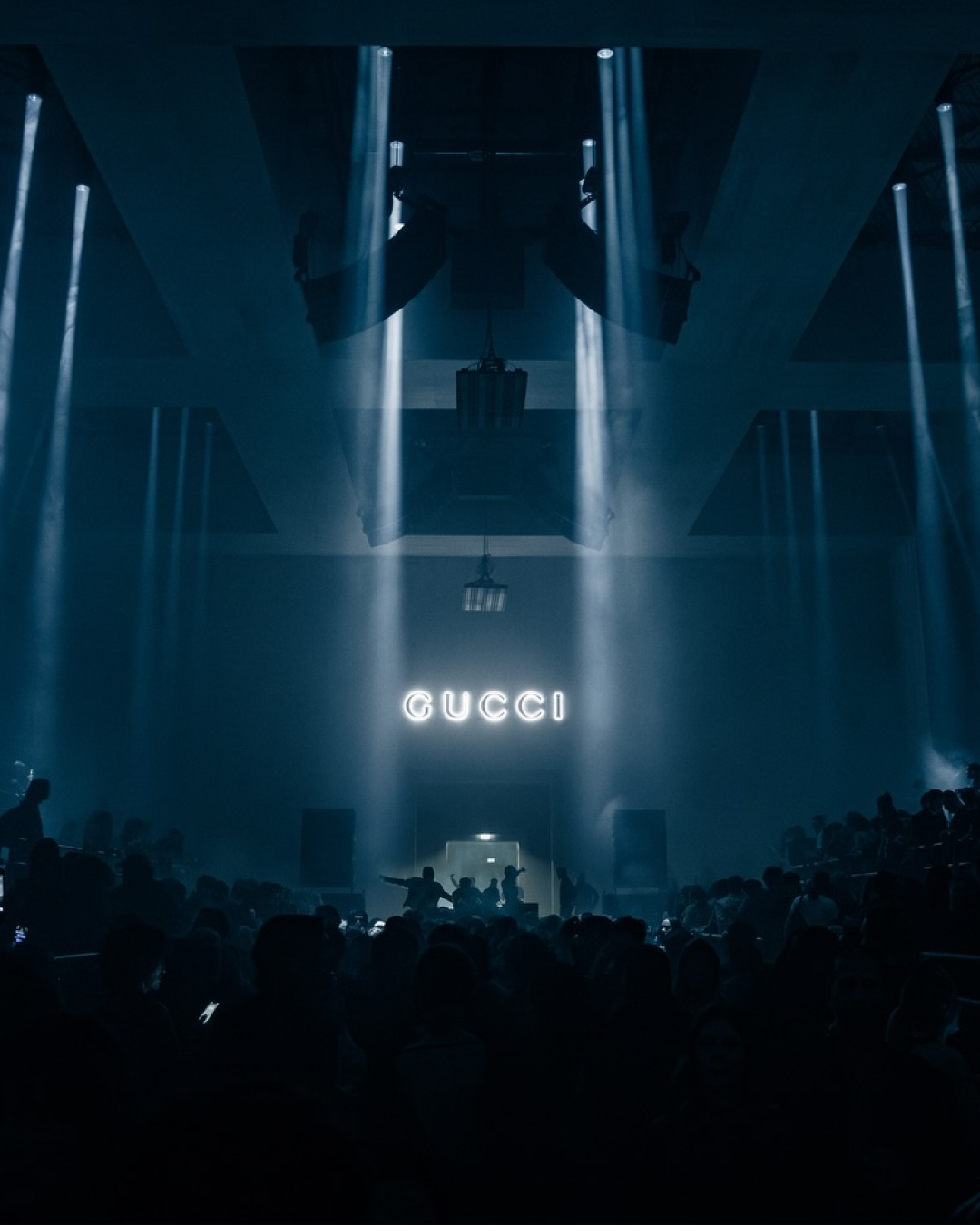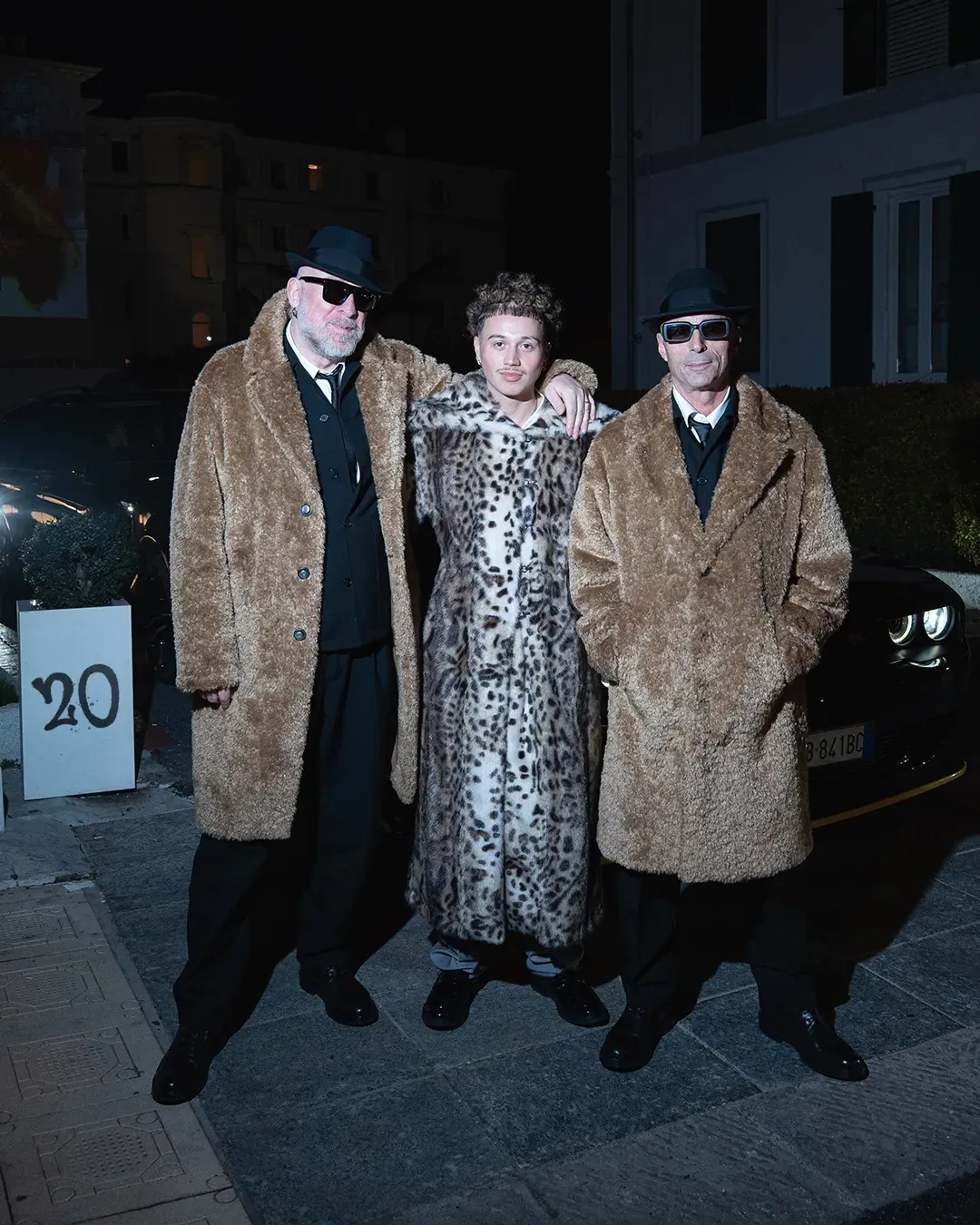
After the Bakery rave, Paris adopts the Offline Clubs Less scrolling, more (real) connecting
Phone-free evenings to replace doomscrolling with real human connections: this is the bet of the Offline Clubs, a booming concept in several European capitals, including Paris. Launched in Amsterdam last year, the movement quickly won over minds, crossing Dutch borders in no time. This meteoric success undoubtedly reflects a growing desire among a young generation to disconnect, in a world where digital has become almost omnipresent and inseparable from self. The concept is simple: during these events, participants place their phones in metal boxes, which they retrieve two hours later. The evening, split into two parts, begins with an hour of solo time. Guests engage in activities of their choice: crochet, reading, watercolor, or writing to immerse themselves in a silent creative flow. Then comes the discussion segment, where participants are invited to socialize with their table neighbors. These disconnection clubs thus offer screen-free moments for oneself but also the chance to meet new people also seeking real connections.
These evenings, with ticket prices ranging from 10 to 15 euros per person, gather between 50 and 300 participants depending on the venue, which can be a café, a museum, or even a church. Thanks to their success, particularly on social media, these digital-free events often sell out. For those wishing to extend their digital detox, the official website of the Offline Club offers screen-free retreats in France and the Netherlands. These retreats involve spending 2 to 5 days in a countryside house with around twenty strangers to rediscover oneself and spend time without technology. Ilya Kneppelhout, co-founder of the first Offline Club in Amsterdam, explains: «The loneliness epidemic and mental health issues are on the rise. People are seeking authentic connection, away from screens». And it’s true. Our society is facing digital fatigue, a physical and mental exhaustion linked to excessive exposure to digital technologies. Social networks give a false sense of connection, while virtual ties cannot replace real-life relationships. Additionally, screen addiction, especially among youth, is a real public health concern. Screen dependency poses major health risks, particularly for children and youth: language delays, reduced attention, behavioral disorders, and even weight gain in some cases.
@eloisedelhaye Et vous, c’est quoi votre temps écran ? #fyp #tempsecran #conseils #dopamine son original - Eloise Delhaye
In 2024, the average screen time for French people per day is 4h27 per person, and this figure can rise to over 7 hours a day among teenagers according to France Info. Furthermore, children are also facing screens at increasingly younger ages. According to the Regulatory Authority for Communications (Baromètre du numérique "equipment and usage" (ARCEP), in 2021, 41% of girls versus 30% of boys under 25 had their first mobile phone before age 12. Alarming figures, highlighting the urgent need to rethink our relationship with digital. Faced with this digital saturation, Offline Clubs appear as a breath of fresh air, a suspended space-time where we can finally reconnect with ourselves and others. More than just a trend, this movement expresses a deep aspiration to slow down, refocus, and rebuild human connections in a hyper-connected world that is often terribly disconnected from what truly matters.















































